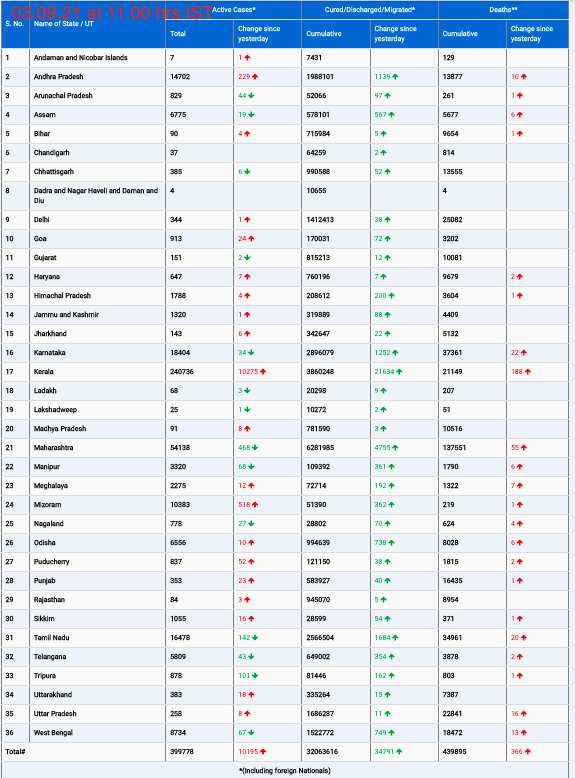Ulaanbaatar, Mongolia – A sharp increase in cases of flu and flu-like illnesses has been reported in Ulaanbaatar, the capital of Mongolia, as the city grapples with worsening air pollution. The National Centre for Communicable Diseases (NCCD) revealed on Monday that 277,000 people nationwide sought outpatient care in the past week, with 7.7% presenting symptoms of influenza or similar illnesses.
Health authorities have linked the surge to the city’s hazardous air quality, which exacerbates respiratory conditions and weakens immune defenses. The NCCD has called on residents to adopt strict infection prevention measures, including wearing masks, to curb the spread of these illnesses, as reported by Xinhua News Agency.
A Health Crisis Compounded by Air Pollution
Flu, a highly contagious viral infection, targets the respiratory system, causing fever, chills, muscle pain, cough, nasal congestion, headaches, and fatigue. Vulnerable groups such as young children, the elderly, pregnant women, and those with pre-existing health conditions are at heightened risk of severe complications.
Health experts recommend rest, hydration, and paracetamol for symptom relief but caution against the use of nonsteroidal anti-inflammatory drugs (NSAIDs). Annual flu vaccinations remain a critical preventive measure, especially for high-risk populations.
Impact of Air Pollution on Health
Ulaanbaatar consistently ranks among the world’s most polluted cities, with its air pollution primarily attributed to coal burning in ger districts and increasing vehicle emissions. Fine particulate matter (PM2.5) levels in the city often exceed World Health Organization (WHO) safety limits, worsening respiratory and cardiovascular health.
Studies have shown that prolonged exposure to air pollution can weaken the immune system, making residents more susceptible to infections like the flu. The combination of polluted air and the seasonal surge in respiratory viruses is placing immense pressure on Mongolia’s healthcare system.
Urgent Call for Action
The NCCD’s advisory underscores the urgency of combating both the flu outbreak and the city’s chronic air pollution problem. Wearing masks, reducing outdoor activities during peak pollution hours, and adhering to hygiene practices are critical in preventing further infections.
As winter intensifies and pollution worsens, health authorities continue to urge the public to remain vigilant and prioritize their health by seeking timely medical care and vaccinations. This dual challenge of flu and air pollution serves as a stark reminder of the intersection between environmental and public health crises.











